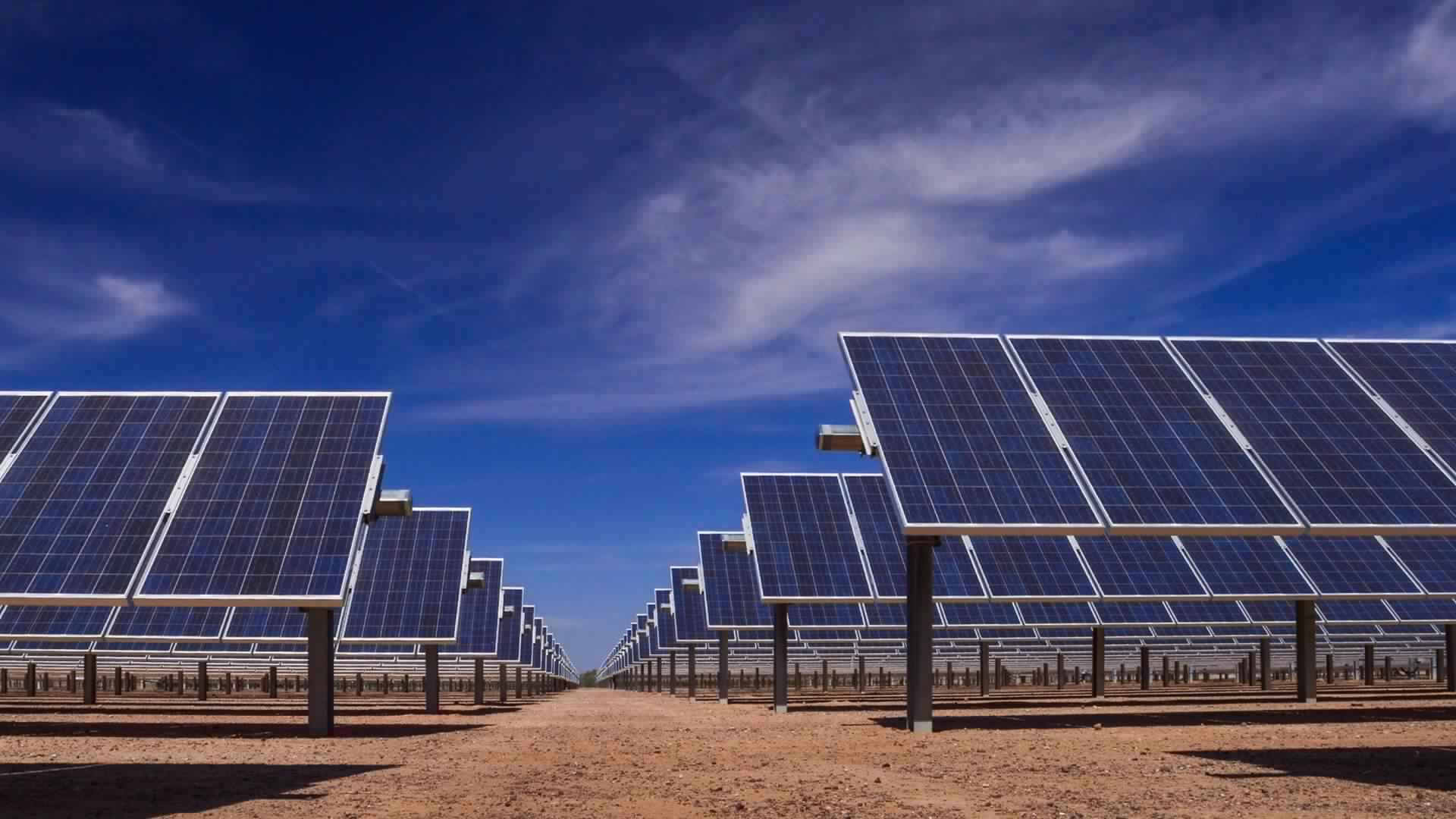
Under Tunisian law, the self-consumption consists of a company consuming its own solar electricity production. It enables the use of its own local energy while reducing its dependence on the national power grid.
Photovoltaic panels are used for the production of electricity through solar radiation. This electricity can be partially sold to an electricity supplier (STEG) but it can also be consumed locally. This latter option is known as self-consumption.
Act No. 2019-47 of May 29, 2019 provides a mechanism for selling:
- Public authorities or public or private companies operating in the industry, agriculture or trade services sector can agree with a developer who will form a project company to sell energy to the self-producer.
- The developer, through the project company, will have the right to sell its production to its self-consuming clients, to transport the electricity via the STEG network and to sell the surplus to the latter within the limit of 30% of the production.
This modality can be applied under the following conditions:
- Clients must be connected to the medium or high voltage network
- Clients are required to subscribe to a minimum capacity of 2MW.
This project requires an authorization by order of the Minister of Energy after the opinion of the Technical Commission of private electricity production.
The application is submitted to the Ministry must specify:
- The identity of the self-consumer project owner
- The commitment of the self-consumer to take all the energy produced by the project owner
- The power purchased by the self-consumer
- The consumption of the self-consumer during the three years preceeding the request and the forecasted electricity consumption
The creation of the self-consumption project company and the start of the work must be carried out within one year of obtaining the agreement.
The solar power installation must be completed within two years.
Upon the achievement of the works, the self-consumption project company shall invite STEG to join the acceptance tests in order to jointly verify that the installations comply with the technical specifications of the design brief for connection.
The project company will then sign a contract for the transmission of electricity and the purchase of the surplus by the STEG under the terms of the standard contract approved by order of the Minister of Energy of 9 February 2017.

